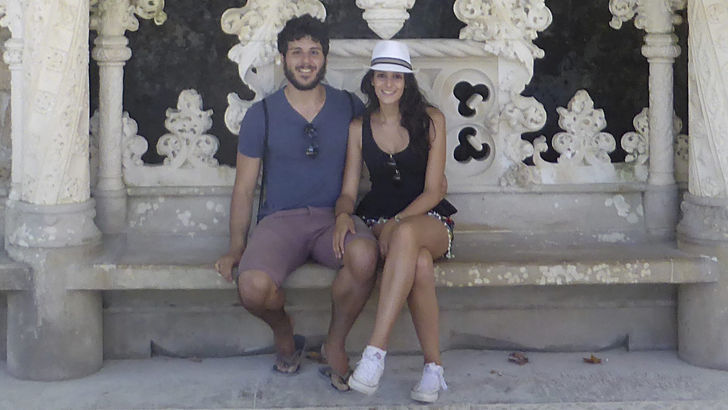The 19-year-old Aussie woman on track to retire at 40
By Susan Hely
If you believe retirement only happens when you reach your 60s - and you want to retire earlier - then read on.
There is a growing band of retirees in Australia and overseas who are hitting retirement in their 30s or 40s.
No, they aren't rich kids living on an inheritance or technology whizzes who have sold an app.
They are followers of the FIRE movement - that stands for "financial independence, retire early" - who rigorously save, invest sensibly and enjoy a modest, agreeable life.
It is the opposite of working flat out throughout your life, piling on debt, living beyond your means and consuming voraciously.
While most Australians rely on compulsory superannuation and its 9.5% contribution rate (capped at $25,000 a year) to fund their retirement, FIREs don't want to wait until they are in their mid to late 60s.
They want to pursue interests, have a more balanced life and enjoy more family time.
Kate Campbell, 19, plans to save $1 million over the next 20 years and live on $40,000pa.
Pat Seyrak has an ambitious plan: he wants to have $1 million in 10 years. At 30 he is half way there and aims to reach his goal in the next five years.
The FIRE trend is still in its infancy in Australia but it has taken off in the US and Canada thanks to its most high-profile supporter, Peter Adeney.
He and his partner worked as software engineers in their 20s, and by living a frugal life and saving they had enough money to leave the workforce at 30.
They have one son and the family spends around $US25,000 ($32,000) to $US27,000 a year.

He has cut three big spending areas: accommodation, transport and food. "This is where the 80/20 principle applies. For example, 80% of your savings can come from optimising just these three areas of your life. Everything else is just icing on the cake.
"I decided that I could easily live a great life, and in many ways an even better life than before I had this goal, all the while reducing my expenses, consumption and waste and doing more things for myself."
He rents a small home close to work and walks and cycles whenever possible.
"Cars are enormously more expensive than most people realise," he says. "Ideally, everything should be within walking or bicycle distance, such as work, children's schools and a supermarket."
Pat learnt how to cook well: "I prepare the vast majority of my own dinners and lunches and this saves me a fortune compared to eating out often."
He has also learnt to do his own repairs.
Pat's investment plan is simple. "The only way I know to build wealth is to do it slowly and methodically. Dollar-cost averaging into diversified broad-market exchange traded funds over an extended period of time."
Saving hard now means that he can reduce the amount of money he needs in the future because his savings are earning an income.
He doesn't like the word frugal to describe his life. "Because many people seem to associate it with self-deprivation, which is simply not how I like to live. Nor do I feel anything I am doing is extreme.
"If I were to be honest, I would consider the way in which most people live their lives to be extreme - paying much more than they need to for just about everything and spending their entire pay cheques, regardless of how large those pay cheques may be."
Slaving for 30 years to pay off a mortgage isn't part of Pat's plan. He prefers to spend time with friends and family.
Pat has a retirement plan that includes plenty of energetic activities such as playing music, learning a language and joining the State Emergency Service. As an engineer he is interested in the practical side of building.
"Mostly I just want the freedom to live each day as I see fit and dedicate as much time as I would like to my passions and hobbies. I would like to be able to balance productivity and free time and not be forced onto a schedule."
Get stories like this in our newsletters.



